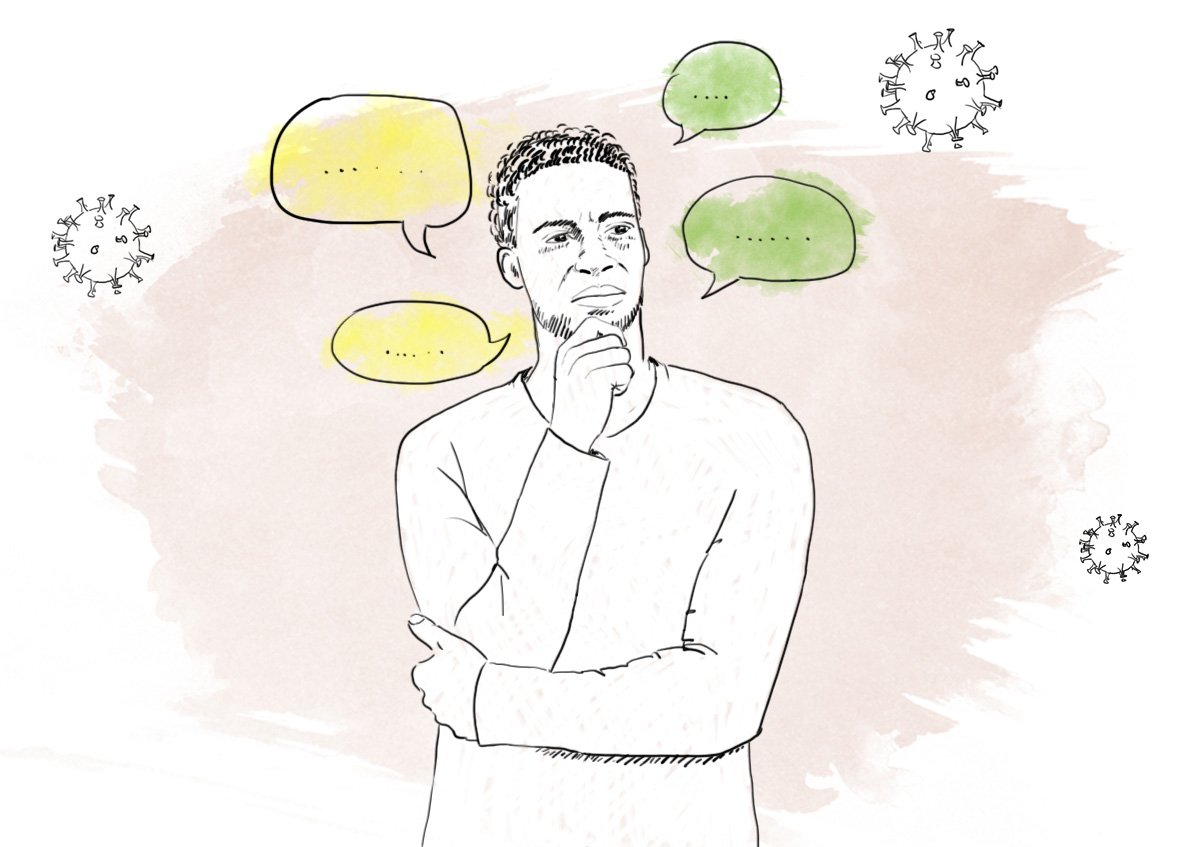
Surviving coronavirus isolation using internal dialogue
By Peter Teigen
The coronavirus isolation that many are experiencing has not been a welcomed event, but at the same time there is opportunity for learning things that might otherwise have slipped by. Wherever you’re reaching for contact, the current measures of social distancing has provided the space for reflecting on how we relate to others, ourselves, and to life and death.
We experience the coronavirus isolation differently. Some of us might already be living alone and now feel further isolated. Others, more used to social contact, might experience the shift to social distancing differently. Whichever way you experience the coronavirus isolation, what many of us have in common is that the coronavirus isolation has been brought on suddenly, isolates us more severely, has arrived suddenly and is here for an uncertain length of time.
The recent era of social media ushered in the impression that we could stay in human touch at the press of a button. It was as if we were suddenly more connected with other people, as if our social circles had expanded. Whilst it is true in some ways that we could keep more in touch with existing friends, family and colleagues, and that our social as well as professional circles had spread, that is not to say that our contact had become more meaningful. Rather, we became more isolated from one-another by becoming more occupied by what was happening on the phone’s screen than to really be in contact with those around us. This is something that many of us are beginning to see more clearly as the coronavirus isolation allows us to look back from a different angle.
Bear in mind that social distancing was introduced to reduce human contact. A reasonably assumed anti-dote is therefore to somehow increase human contact during the coronavirus isolation. But if it was true that increasing contact would be enough to alleviate coronavirus isolation we’d be ill-equipped during times of free movement as well since connecting is as much about me being connected with myself as it has to do with connecting to those around me – otherwise, who is doing the connecting? I’ll now explain about connecting internally by discussing distancing language.
When I use such language I tend to use phrases such as ‘one’, ‘you’, and ‘they’ instead of speaking directly from myself (‘I’, ‘me’, and ‘mine’). Sometimes wording “oneself’” in such a way can be useful (if you’re the Queen for example), but the trouble with using distancing language is that it distances the person using such language from themselves, thus amplifying the isolation that is already experienced. Distancing language tends to be used when I/we/you feel stressed and vulnerable – as an unconscious method of trying to shake vulnerability and stressful feelings away. Paradoxically, during isolation, this is the time that we need to stay with ourselves the most, to keep ourselves with company, to embrace and comfort ourselves.
So, attending to my use of language helps me to attend to how directly I am expressing my needs and wants when I am in contact with another person, albeit electronically. But is our connection to others as well as with ourselves the only solutions to surviving the coronavirus isolation? I want to offer another practice which I have been doing more of during the coronavirus isolation.
Whenever I feel isolated and want to talk with someone I don’t so much think of people that I can or can’t connect with right now. I choose to think about friends and relatives who are no longer alive, and find myself holding conversations with them in my head – I call this practice talking with the dead. Holding conversations with the dead may sound strange but I find it comforting. What would those friends or relatives etc make of the coronavirus and all the things happening around it as a consequence? The arrival of the coronavirus took most of us by surprise and there’s still much to process. In times of isolation I find that it helps to have conversations with people from a different time as these conversations bring different perspectives on what’s happening now and gives me company during the coronavirus isolation.
Other advice on surviving and thriving during the lockdown can be found on the page of our practice in Kensington.
